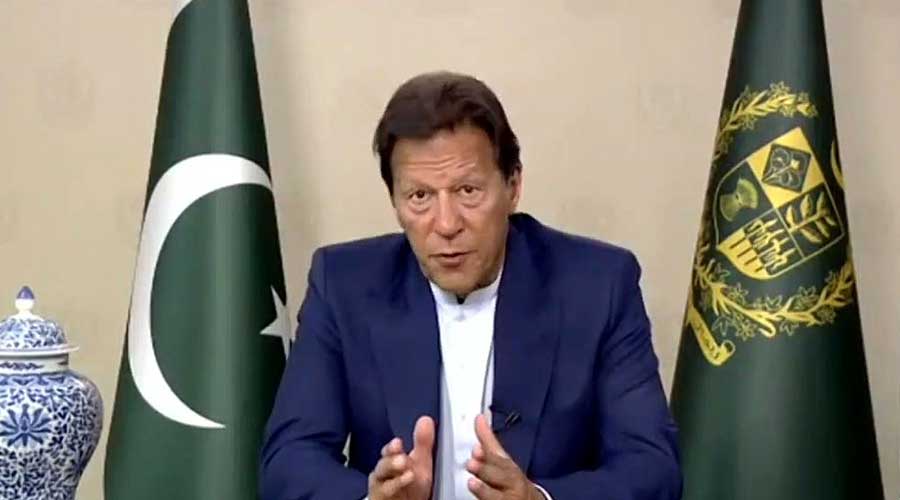Prime Minister Imran Khan has proposed a five-point agenda to end poverty and hunger by investing in sustainable agriculture development, applying new technologies, ensuring adequate and fair prices of food products, and rethinking patterns of food consumption and production.
On Wednesday, while describing agriculture as central to human survival, the premier suggested 5-point agenda in order to alleviate hunger and poverty from the world. He was virtually addressing the inaugural session of the Governing Council of the International Fund for Agricultural Development (IFAD) held in Rome, Italy. PM said, “I further propose that a new strategy for sustainable food production and consumption should be considered and adopted at the Food Systems Summit next year.”
Imran while proposing his first point, said that governments should have a great contribution for investing in sustainable agriculture infrastructure to facilitate production, distribution of agricultural inputs and food products. He called Green Lanes a good example of China, in this regard.
In the second point, PM Imran said the fair and adequate prices of agricultural and food products is another major step to end poverty and hunger. He added that market place should be balanced by the visible hand of the state. Farmers shouldn’t be left at the mercy of the corporations and there should be rationalization in international agricultural trade.
Third point says that new and breakthrough agricultural technologies and techniques should be applied so that food production may be enhanced, it also ensures efficient usage of water and land and improve seed quality. He added that the Food and Agricultural Organization and IFAD could play a notable role in this regard.
PM while proposing the Fourth point said that digital technologies should have its major importance like other economic sectors. Ensuring internet and broadband access to rural areas is vital for their integration into national and global supply chains.
“Fifth, and perhaps the most important, we must re-think our patterns of food consumption and production. We can eat better and many of us would do well to eat less. We can produce food with greater respect for nature. We can stop the pollution of our lakes, rivers and oceans. We can produce more with less water, and without dangerous chemicals,” he maintained.





















